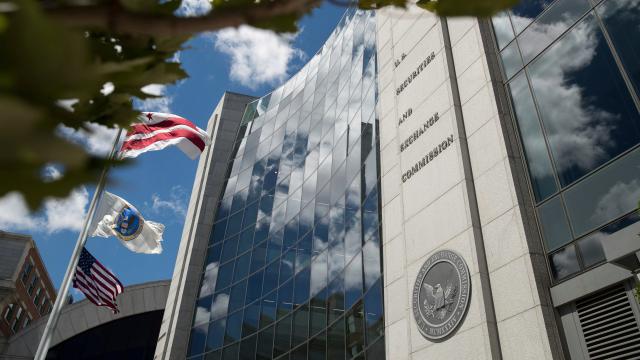The Securities and Exchange Commission on Friday charged businessman Maksim Zaslavskiy with fraudulently running two initial coin offerings (ICOs), a form of largely unregulated investment vehicle in which companies take investors’ cash or cryptocurrency in exchange for “crypto-tokens”.
Photo: AP
The SEC has warned for months ICOs may work as a way for scammers to illegally dodge the strict rules placed on regular investments. In a statement, the agency alleged Zaslavskiy did just that:
The SEC alleges that Maksim Zaslavskiy and his companies have been selling unregistered securities, and the digital tokens or coins being peddled don’t really exist. According to the SEC’s complaint, investors in REcoin Group Foundation and DRC World (also known as Diamond Reserve Club) have been told they can expect sizeable returns from the companies’ operations when neither has any real operations.
According to the SEC, Zaslavskiy promoted REcoin as the “First Ever Cryptocurrency Backed by Real Estate,” despite the fact a promised team of real estate professionals who would invest the ICO’s earnings in property never existed. The second ICO, Diamond Reserve Club, promised it would invest in diamonds and provide “discounts with product retailers for individuals who purchase ‘memberships’ in the company.”
Zaslavskiy instead pocketed the cash, and the SEC has obtained an emergency court order freezing his and the companies’ assets.
As TechCrunch noted, this may be the first time US authorities have filed criminal charges against an ICO operator.
Signs have been growing for some time federal authorities are concerned ICOs could be thinly-veiled scams, even as the sector has surged past $US1.2 ($2) billion and now outpaces early stage venture funding. In several other countries, including China and South Korea, ICOs are now banned.
As the New York Times reported, numerous people are warning the cryptocurrency market is now dangerously inflated with huge speculative investments and may be heading towards a major crash. The creator of Dogecoin, Jackson Palmer, cautioned of such after his shiba inu-themed joke currency shot to a potential $US400 ($511) million value, becoming a “magnet for greed and [attracting] a group of scammers and hackers who defrauded investors, hyped fake products and left many of the currency’s original backers empty-handed.”
